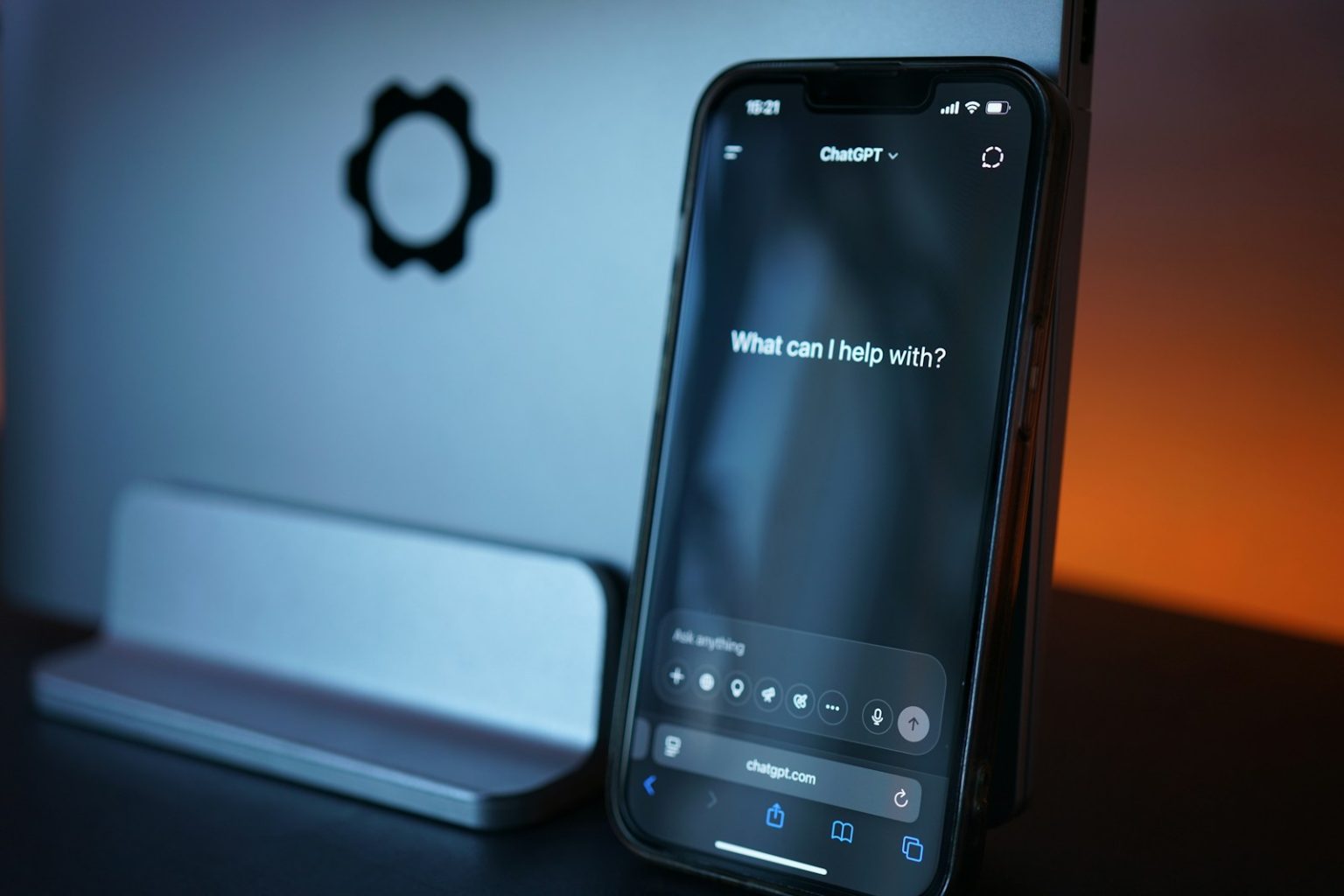Too many people think there’s only so much value in the world. They believe if AI takes a slice, there’s not enough left for the rest of humanity. What they fail to recognize is that the pie expands. Value accelerates velocity. When a dollar circulates through the economy, it represents goods, services, and experiences exchanged. This exchange creates wealth.
With technology, individuals can now increase their value. They can be more efficient, eliminate busy work, and become more valuable. Yes, AI will displace many people. But the real crisis won’t be joblessness—it will be where humanity finds purpose. We’ve found so much meaning in work, and now we’ll need to redefine it.
AI Lacks Perspective, But Humans Don’t
What AI doesn’t provide is perspective. That comes from humans. We provide the prompts, the vision, and the “why” behind the work. Vision is the ultimate container in which we create value. It tells our brain what’s important and what to pay attention to.
You could dig a hole, but without purpose, that hole means nothing. It doesn’t matter if a robot could dig it faster. But when someone envisions that hole becoming irrigation to bring water instead of carrying buckets, that’s where human creativity shines.
In my own business, we’ve gone from about 30 people to 12, yet we’re providing double the value at nearly half the price. Our $8,400 program is now $3,500, comes with an entire AI suite, and still includes one-on-one coaching. We’re making high-quality financial guidance more accessible while maintaining the human connection.
The Benefits of AI-Enhanced Living
There’s a lot of work people do that they don’t enjoy—managing daily tasks that drain energy and feel overwhelming. When AI handles these things, you gain time for:
- Creativity and innovation
- Deeper human connections
- Leisure and self-discovery
- Solving meaningful problems
- Building bigger visions
Almost all media sound bites about AI are negative because fear sells. They’ve said similar things about technological advances throughout history. While this technology may carry more risk than previous innovations, it also offers far more value.
AI trims the fat of inefficiency and drudgery. It can free us to be more human, more creative, and more connected. As Naval Ravikant said, “The one thing AI cannot do is be truly creative because creativity requires a soul.” That’s the perspective piece.
Embracing Imperfection in an AI World
There’s beauty in imperfection—in our quirks. Sometimes human creativity emerges from mistakes. Think about revolutionary music like the Beach Boys’ Pet Sounds or the Beatles’ Revolver. Some of the coolest rap beats came from accidents that producers decided to keep.
We’re not seeking perfection. Perfection is boring and disconnected. Hopefully, AI will allow us to be more human, not less.
When I spent 63 days in Italy barely working, I found myself bored at times. But that boredom led me to think about things I normally wouldn’t—new hobbies, interests, and activities. I started shooting a bow, making great coffee, and even trying comedy. That empty space created a blank slate for creation.
Before technology consumed our attention, bored kids would throw rocks, catch salamanders, or make up games. When we’re not being mindlessly entertained, we start to think about what we really want. What happens when we get to a place where we do things by choice, not necessity?
The Win Is in the Work—But Work Is Being Redefined
Most entrepreneurs I know are actually just artists in business clothing. When they get too addicted to KPIs and scaling, they lose their identity and joy. I’ve redesigned my business to focus on connection—whether it’s one-on-one at my cabin or teaching weekly in my Multiplier program.
With AI handling the tedious parts of work, we can focus on what matters most: intimacy, connection, and artistry. We can have better conversations because we’re more intelligent, learn faster, and have access to critical information.
When people are stuck in scarcity, they’re in fear, doubt, and worry. They’re just trying to get by, exhausted because their work diminishes who they are. But when we offload those things to AI, we show up as the best version of ourselves.
During our recent media retreat, we didn’t have less brainstorming with AI—we had more. We weren’t mired in details, so we moved quicker and executed faster. How much potential is lost between an idea and its profitable implementation? If we can shorten that pathway, we’ll see more value creation.
This is some of the best news ever. AI will help us recover so much time, reduce confusion, gain clarity, and create prosperity. The question isn’t whether AI is good or bad—it’s whether we’ll use it to serve others and solve problems. That’s the key to making this technological revolution work for humanity, not against it.







